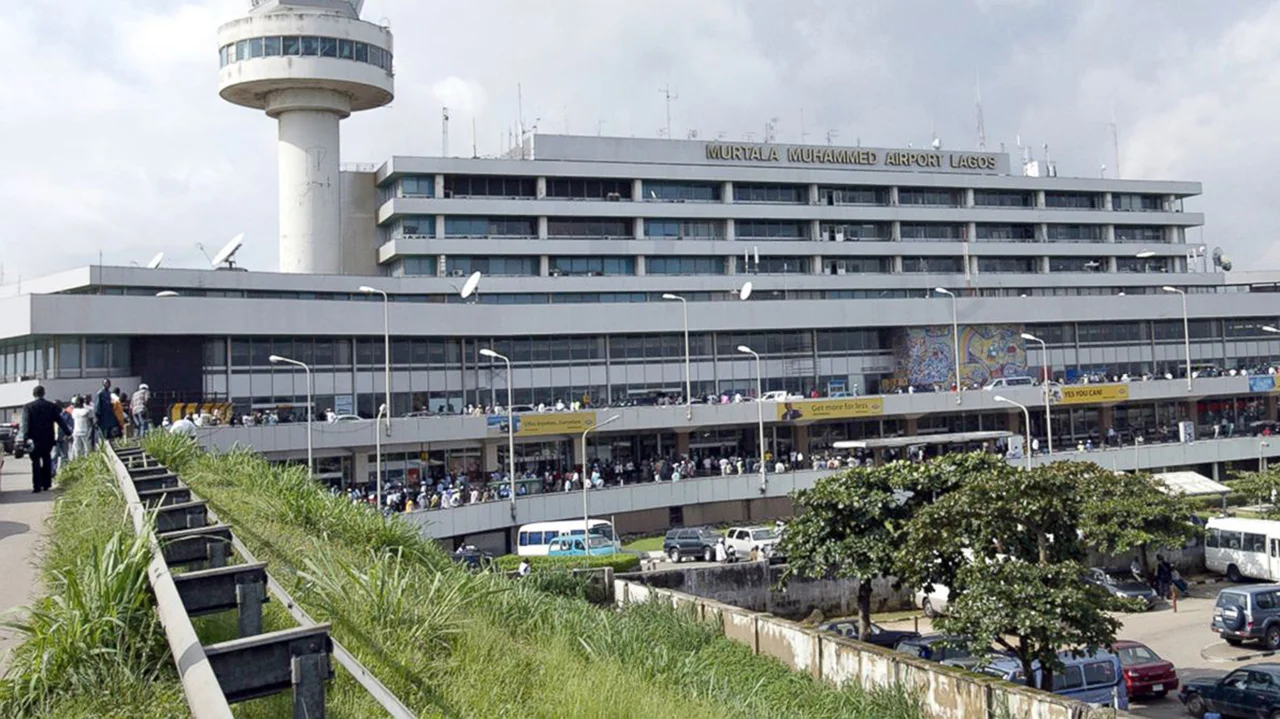
The Authority, which reemphasized the imperative of safety and security in the air transport sector, said it would spare no effort, partnerships and solutions to achieve the goal.
Acknowledging the perennial problem of encroachments at major airports, Director of the Aviation Security Services, FAAN, Afegbai Igbafe, noted that a lot of the perimeter fence had been destroyed by the neighbouring communities, therefore exposing the restricted critical facilities to invasion.
Igbafe said: “I will tell you there is a big challenge because we will get as many as 20 to 30 intruders every night. And the problem we are having is our court system. When we hand them over to the police, before we know they are released.”
Though he was hopeful of collaboration between the Legal Department of FAAN and the Attorney General of the state, he explained that with “the little resources” they have, they’ve implemented safety measures such as patrol at night and observation posts, which are being manned by the Aviation Security (AVSEC) personnel.
About two months ago, an AI Preparedness Index (AIPI) report by the International Monetary Fund revealed the level of AI preparedness across 174 countries.
Nigeria was found wanting in the top 10 African countries, scoring an AI Preparedness score of 0.34.
With AI transforming the aviation sector globally and players harnessing the benefits of natural language processing, machine learning algorithms, and computer vision for seamless operations, it is not oblivious that technological integration in the Nigerian aviation industry is taking baby steps.
The AIPI took four key dimensions into consideration: digital infrastructure, human capital, technological innovation, and legal frameworks. These dimensions are likely frameworks for smooth AI adoption in any country.
Concerning the country’s preparedness to latch on to the modern technology trend, Igbafe said that the MD of FAAN and the Minister are looking at some companies that have made proposals for technological integration in the aviation sector.
“As I said, we are going to do the access control, and the access control will work with an AI system. Whereby when somebody is coming into the airport, there is a way they can attach to you. If you have any weapons with you, if you have anything that is with you, the AI will detect it. And immediately send a signal to the command centre.”
On the development of personnel, the director asserted that AVSEC is a professional body and that staff should undergo instructor courses by ICAO standards.
“We are preparing an algorithm whereby everybody will be put in the database. And with the click of the button, we know those who have done their courses, those who are certified, the time they are supposed to go on certification, the time their certificates will be expiring.”
Igbafe noted that AVSEC personnels were not trained when he came on board, with some people being in AVSEC for about 20 years and haven’t gone on the course.
“When I came on board, I was shocked that AVSEC has been in existence for over 10 years. But their uniforms were not gazetted. Well, I’ve done that. So, with the assistance of the MD and the Minister, they released funds. Even presently, as I am talking now, we have Ghanaians, Sierra Leoneans, and Gambians, who are attending courses in our ASTC, which is the aviation security training centre. Because we happen to be one of the security outfits or one of the countries that is certified by International Civil Aviation Organisation (ICAO).”
Director of Special Duties of FAAN, Henry Agbebire, also decried the quality of human capital in the country’s airports.
Agbebire said: “Sometimes there are issues, especially for the international airport, where you have issues regarding security agencies and the rest collecting bribes. You know, airport extortion, oppression, victimisation, in fact, corruption, and all the rest. All of these, if you’ve seen in recent times in videos and all the rest, tend to reduce the drive and the excitement to come to a country like Nigeria at an airport.”
Agbebire said that the Authority found the need to solve the problem from the root by incentivising, training, and orienting at all levels, not just FAAN staff, including stakeholders “on what we call the desired culture for airport growth and viability.”



